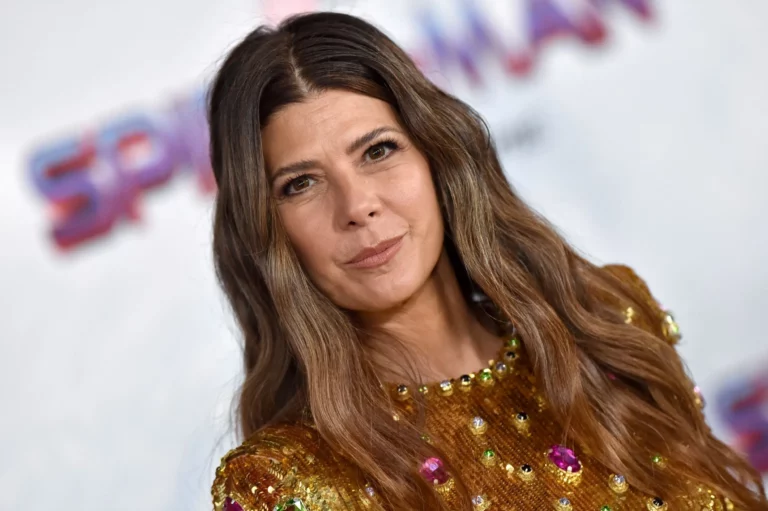In the realm of television and film, behind-the-scenes decisions often shape not just the narrative arcs of shows but the careers of the actors involved. Such was the case with Marisa Tomei, who, before becoming the beloved Aunt May in the Marvel Cinematic Universe, experienced a controversial exit from NBC’s A Different World. Her departure, sparked by a storyline too provocative for the times, offers a fascinating glimpse into the complexities of TV production and the societal boundaries it often navigates.
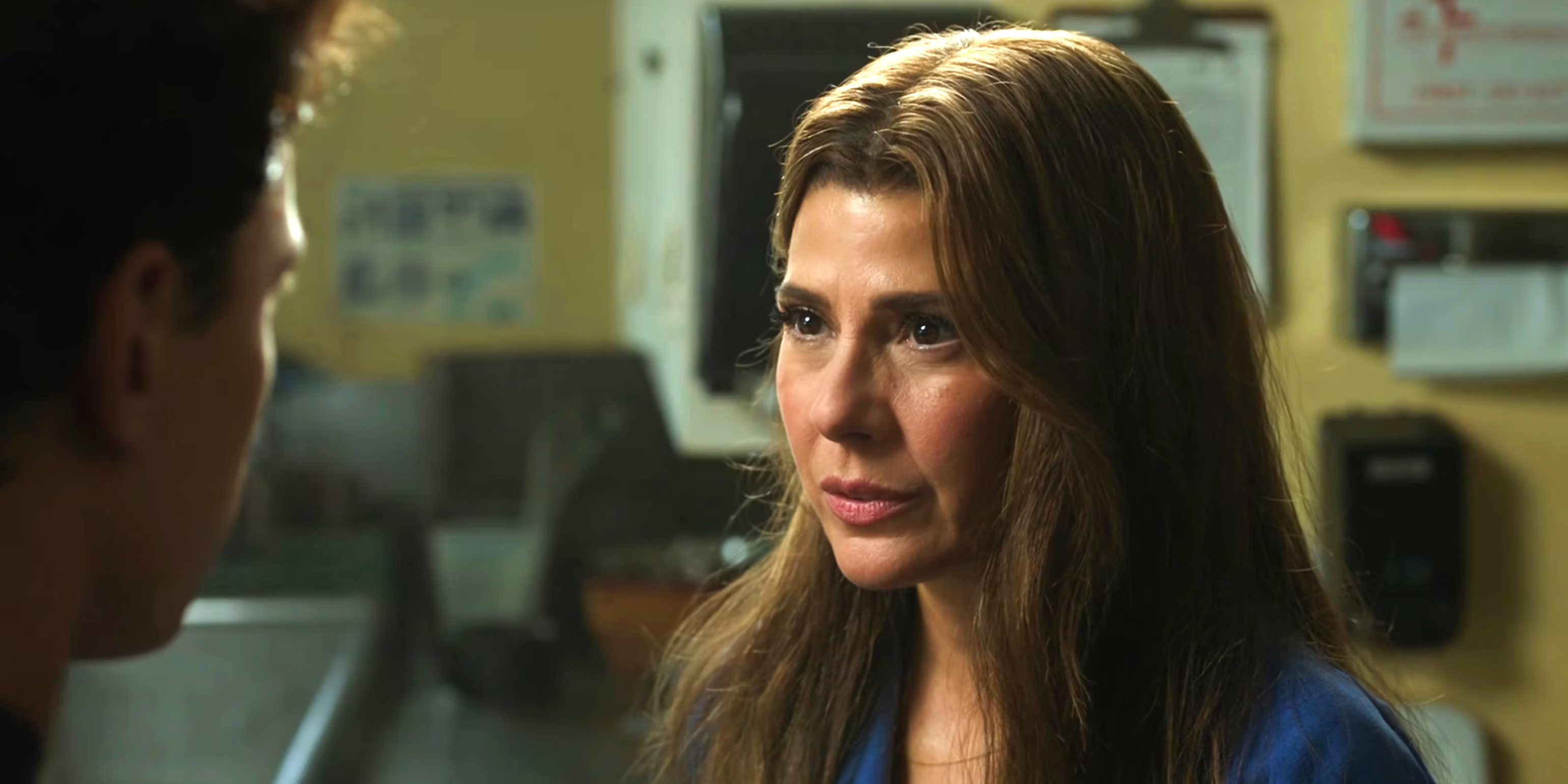
A Promising Start Met with Executive Resistance
Marisa Tomei stepped into the world of A Different World as Maggie Lauton, a lively student at Hillman College. Her casting in the debut season promised an enriching exploration of character dynamics and societal themes. Debbie Allen, stepping in as producer from the second season, had envisioned a groundbreaking arc for Tomei’s character involving an interracial relationship, a narrative choice reflective of the era’s complexities but ultimately leading to pushback from network executives.
This planned storyline, meant to delve into the intricacies of race relations, was designed to challenge the audience’s perceptions and spark conversations. Allen envisioned a special episode where Tomei’s character, Maggie, would visit Dwayne Wayne’s family for Thanksgiving, drawing parallels to the movie Guess Who’s Coming to Dinner. However, the executives at NBC were not ready to tackle such a provocative theme, leading to Tomei’s abrupt dismissal from the series.
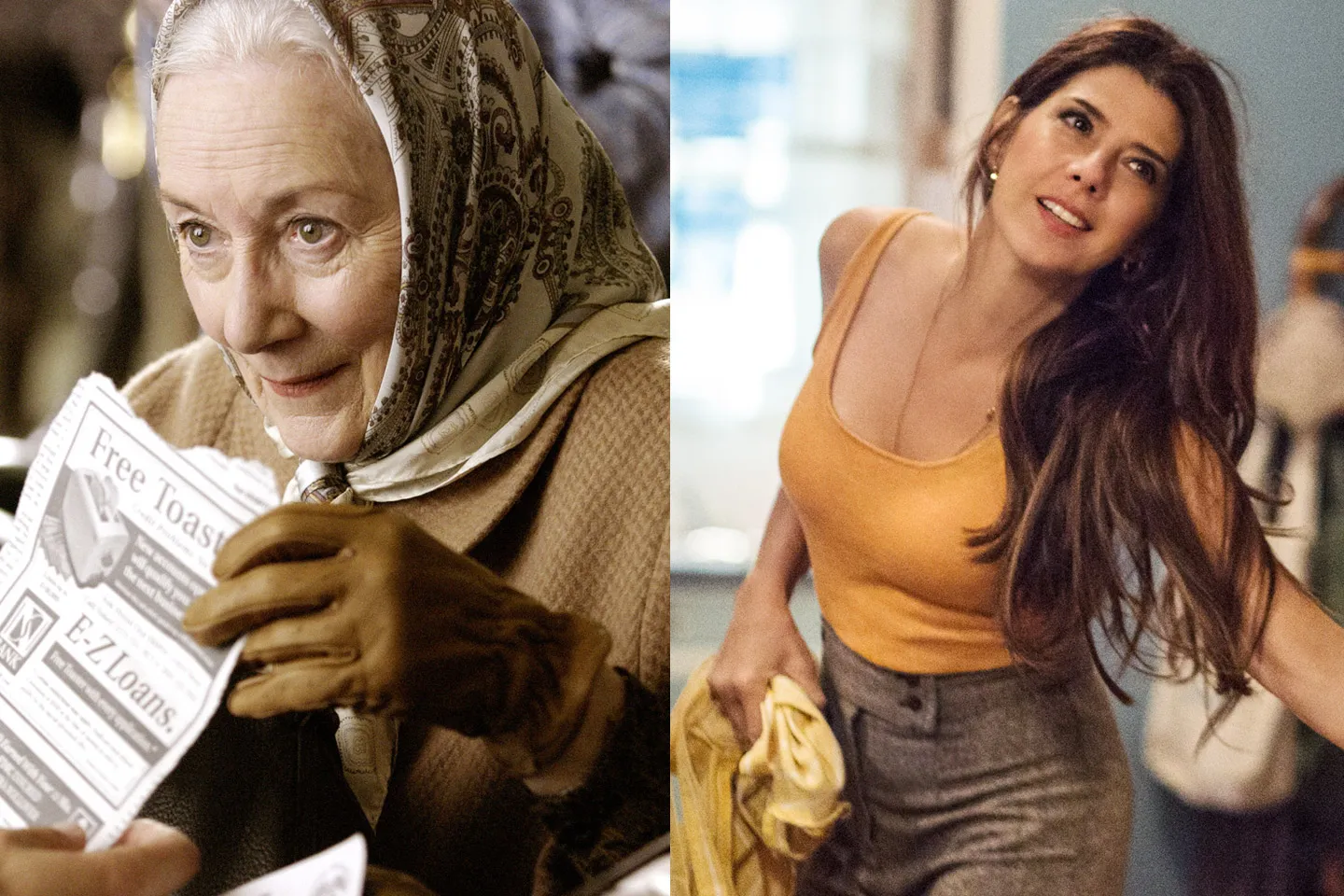
Reflecting on the Lost Opportunities
The decision to remove Tomei from A Different World was a significant turning point, reflecting the entertainment industry’s hesitance to address certain social issues at the time. Debbie Allen, reflecting on the situation years later, remarked on the progressive nature of her thwarted storyline, highlighting a missed opportunity to address racial dynamics in a predominantly African American setting. Her frustration was palpable when she noted the resistance to integrating meaningful racial discourse within the show’s narrative.
Well, they did not like that idea. I thought it was very progressive. I said, ‘How can you have one white character in an all-black dorm and you don’t deal with that? You should deal with it somehow.’
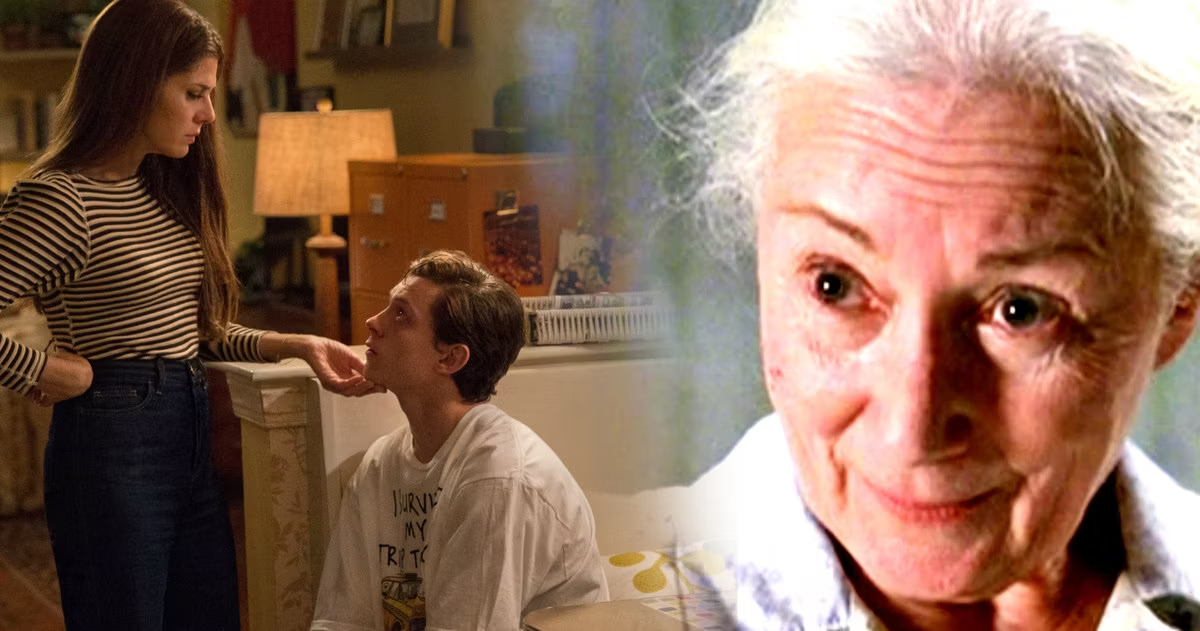
Marisa Tomei’s Ascendant Career Post-A Different World
Despite the setback with A Different World, Tomei’s career was far from stymied. She soon found tremendous success in Hollywood, with notable roles such as the sharp-witted lawyer in My Cousin Vinny, a performance that earned her an Academy Award. More recently, Tomei appeared in Carlson Young’s romantic comedy Upgraded, alongside Archie Renaux and Camila Mendes, further showcasing her versatile acting prowess.
In retrospect, Tomei views her time on A Different World fondly, as she mentioned in an interview with HipHollywood, calling it “one of the most fun times in my life.” This sentiment underscores that despite the controversies and abrupt changes, the experiences and connections formed on set can leave a lasting positive impact on an actor’s life and career.
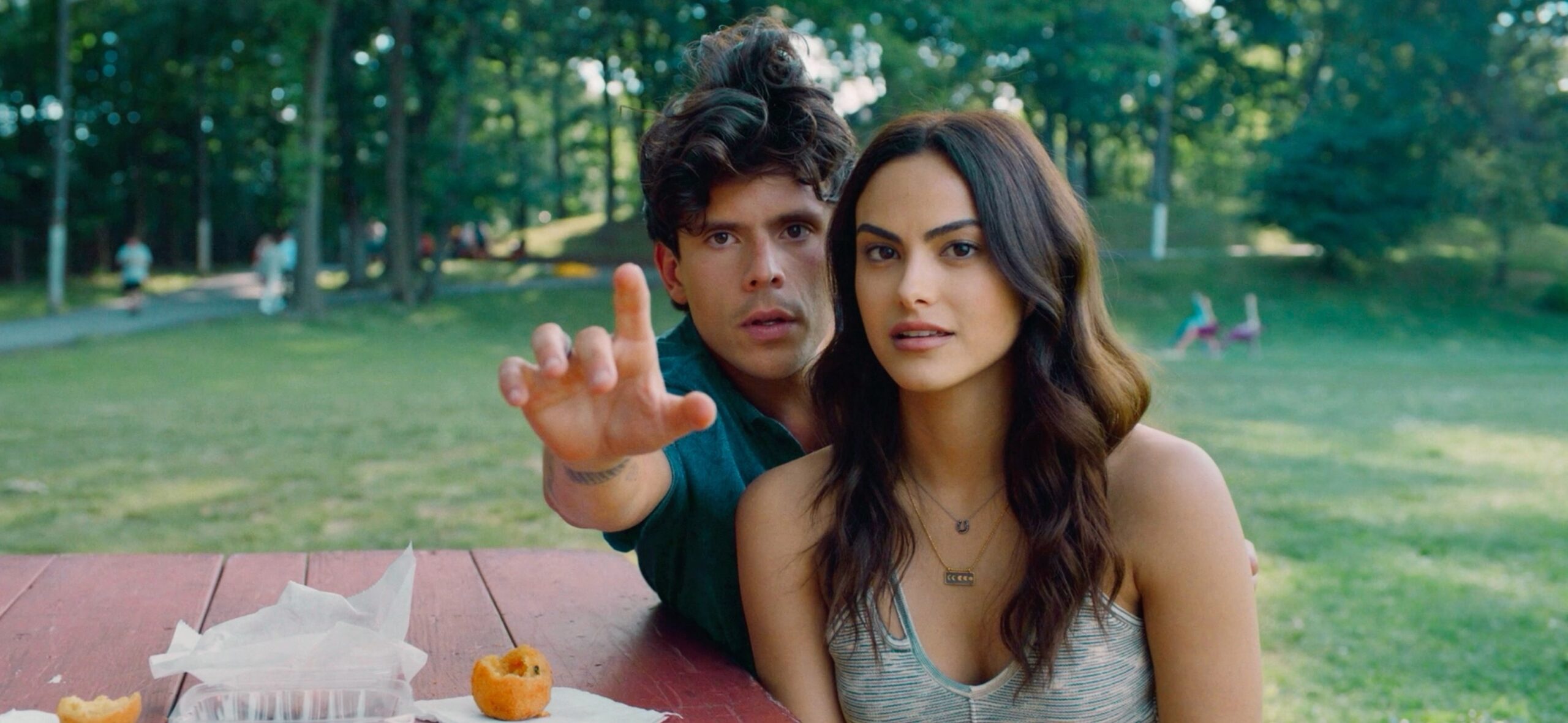
The Impact of Storytelling in Shaping Cultural Narratives
The narrative of Marisa Tomei’s tenure on A Different World is more than a mere anecdote of an actress’s early career struggles. It serves as a poignant reminder of the power of storytelling in television. The incident not only highlights the potential of TV shows to discuss and normalize complex social issues but also the barriers that often prevent these stories from being told. As audiences continue to evolve, so too does the landscape of television, increasingly embracing the stories that once might have been deemed too controversial.
Marisa Tomei’s journey from a brief role in an NBC sitcom to becoming an esteemed figure in the cinematic world illustrates the unpredictable path of entertainment careers, shaped by both the visible performances and the unseen decisions made behind the scenes.
